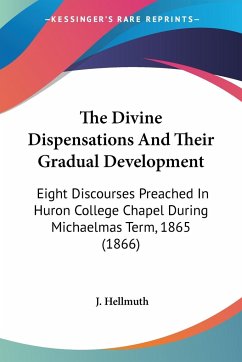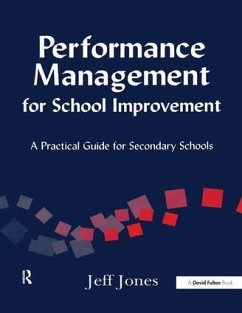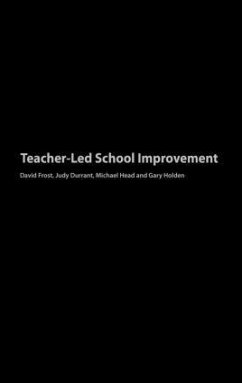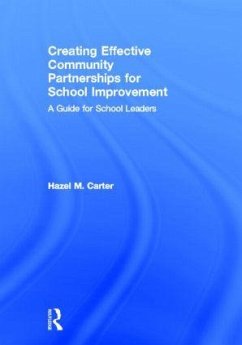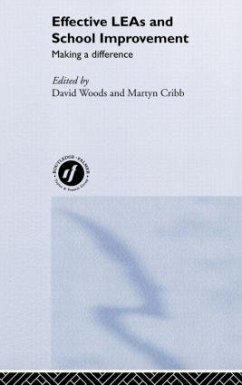
The Gradual Art of School Improvement
A Practical Guide
Versandkostenfrei!
Versandfertig in 1-2 Wochen
147,99 €
inkl. MwSt.
Weitere Ausgaben:

PAYBACK Punkte
74 °P sammeln!
The Gradual Art of School Improvement is a comprehensive practical guide to school improvement, covering aspects such as improvement planning, staff development, the learning environment, dealing with outside pressures including inspection, curriculum design and the role of leaders at all levels.







